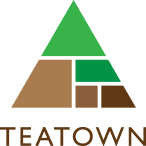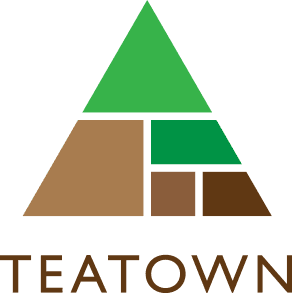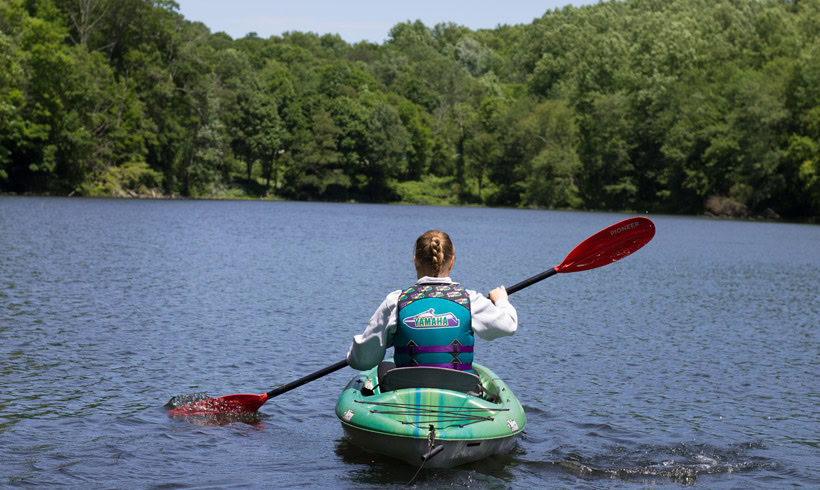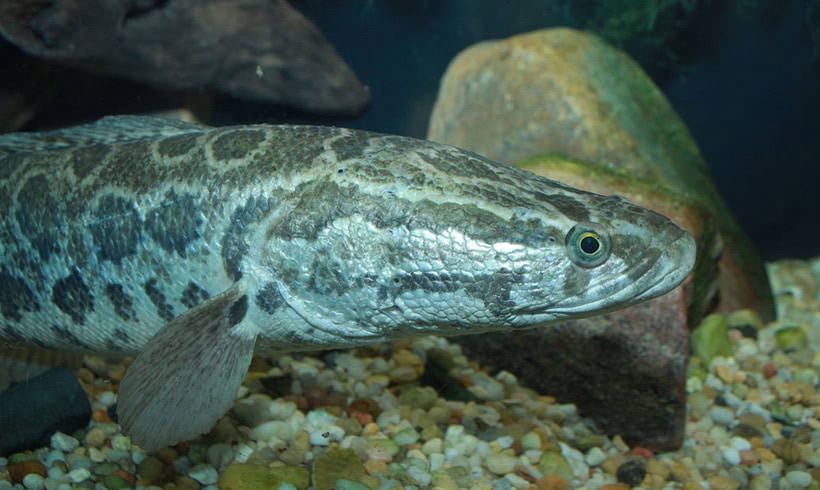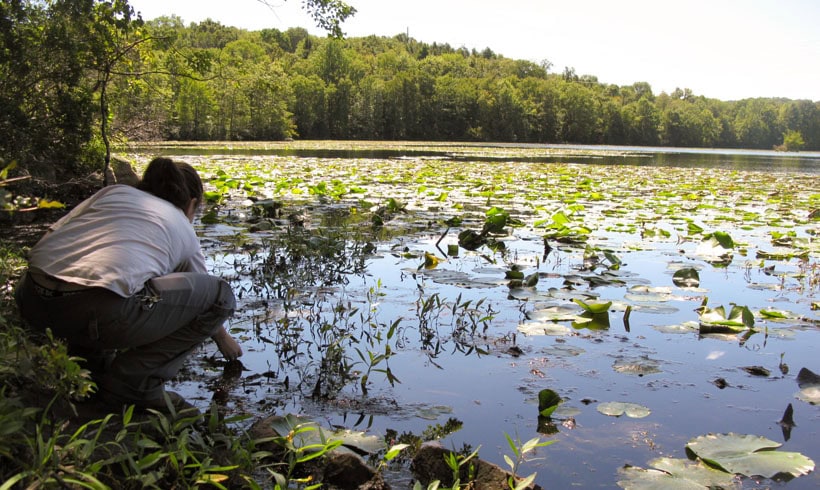Aquatic Invasives Strike Force: Survey Volunteer Training
Teatown 1600 Spring Valley Rd, Ossining, NYJoin Lindsay Yoder, Teatown’s Aquatic Programs Coordinator and AIS Program Coordinator for the Lower Hudson PRISM, to learn how you can become an AISF Survey Volunteer! Learn identification skills, full survey protocol, and about all of the ways you can help us map aquatic invasive species throughout the Lower Hudson region. Full training at Teatown Lake Reservation, followed by a group survey field trip to Annsville Creek for those with their own kayaks or canoes. Ages 18+ required for on-water activity, 15+ for general training.
